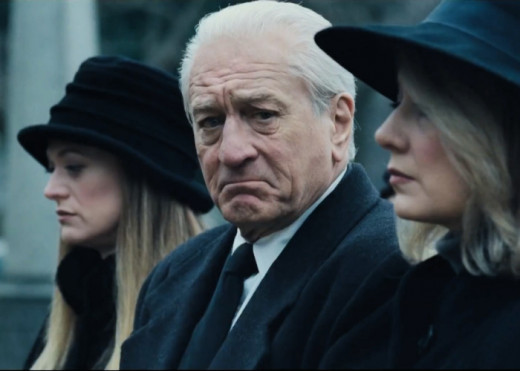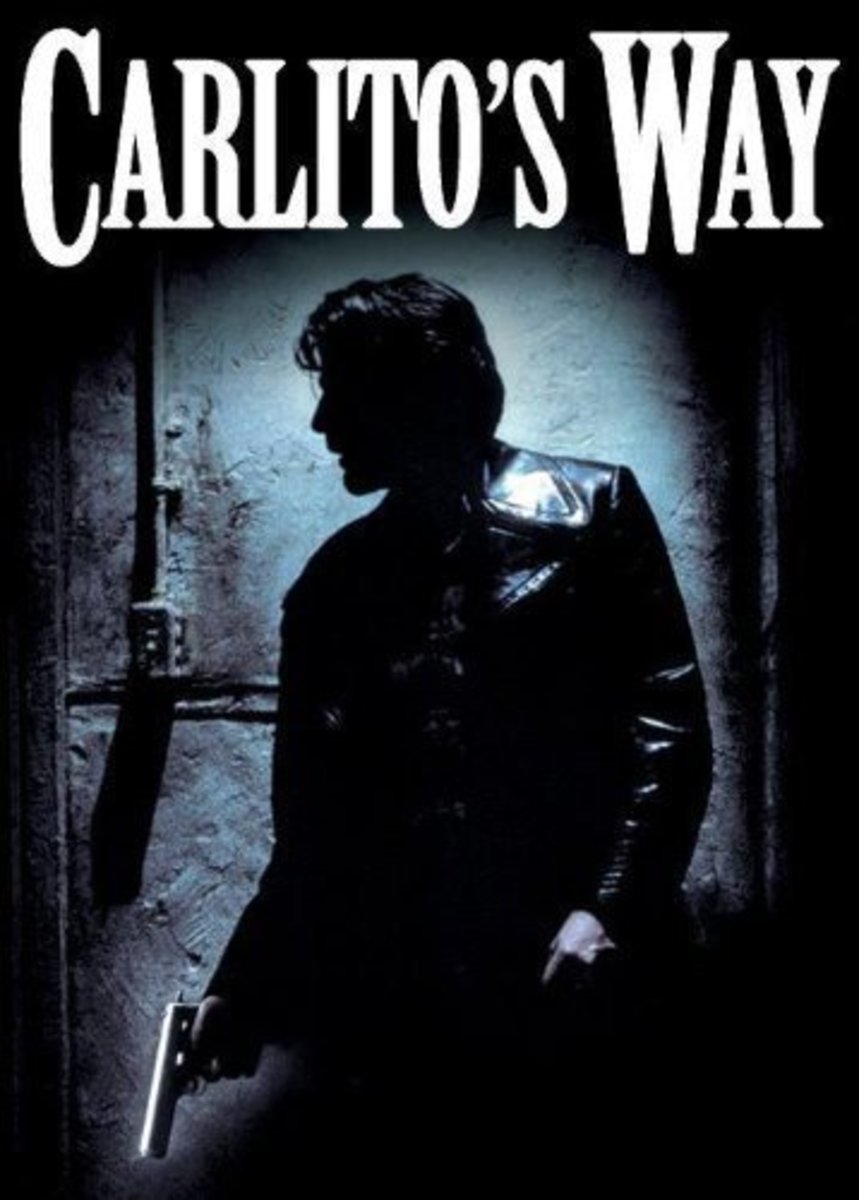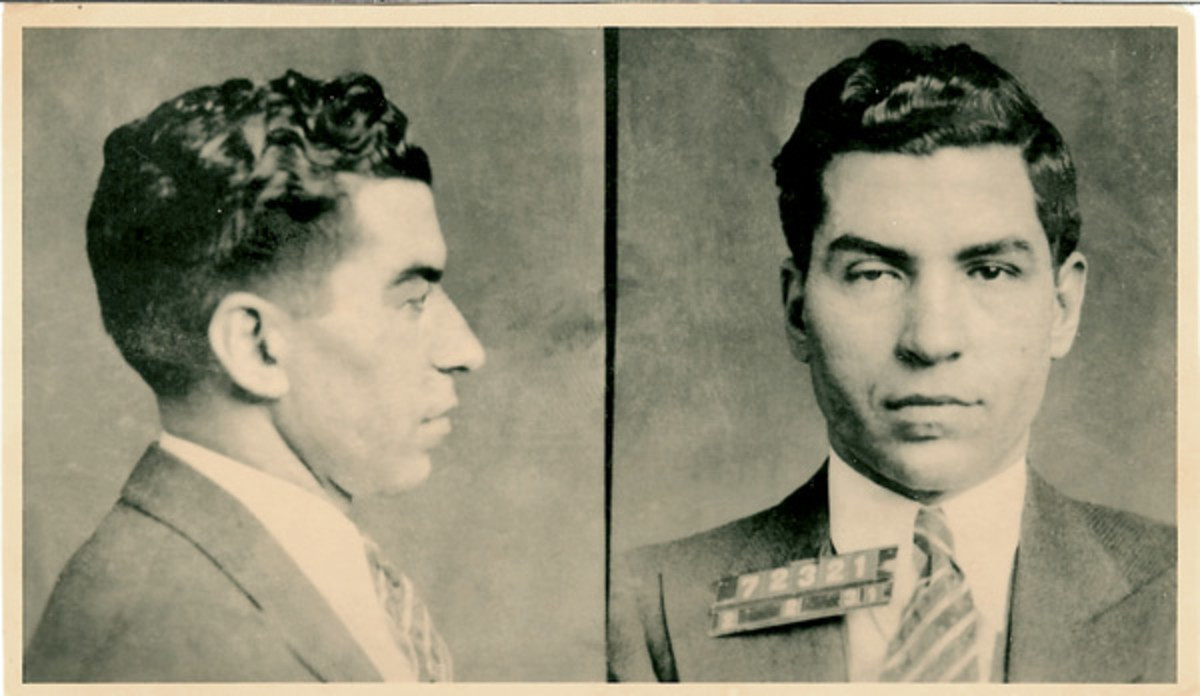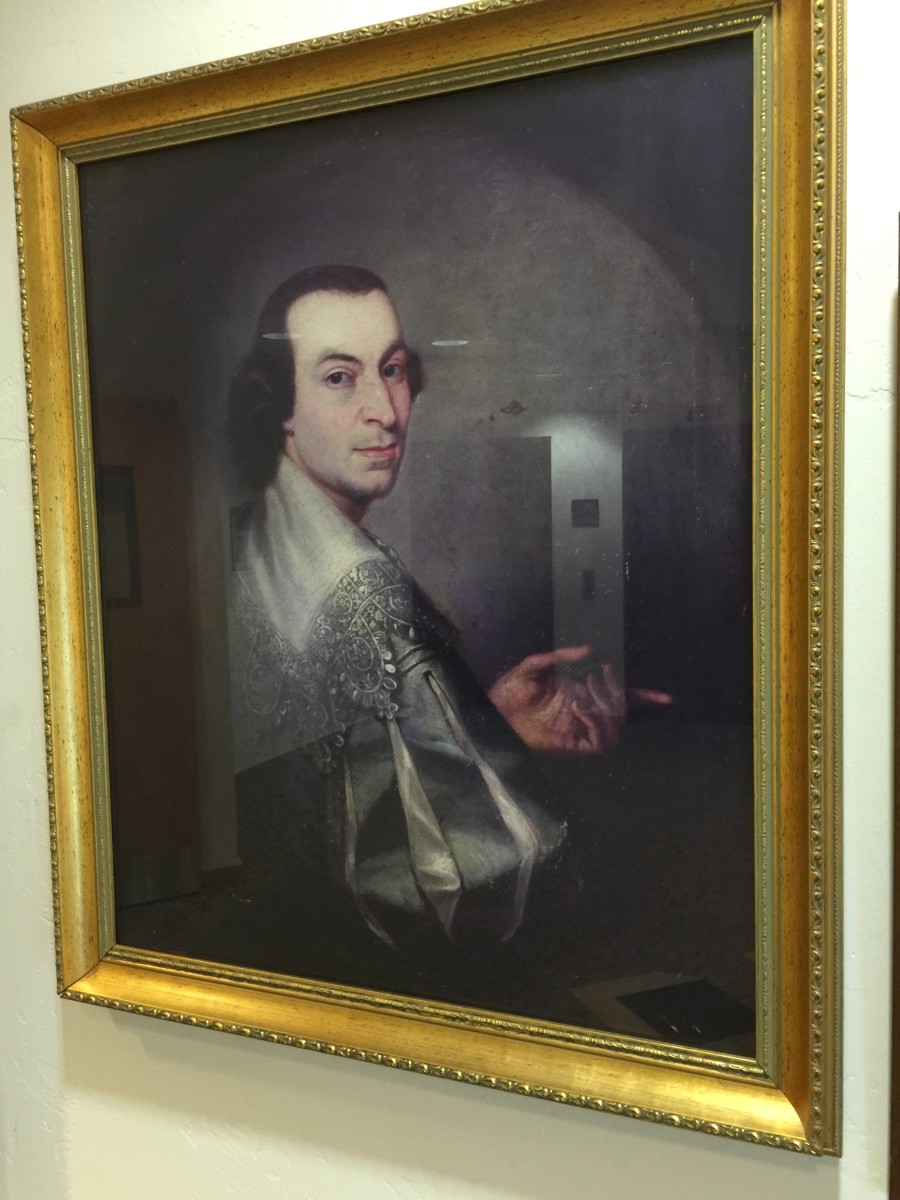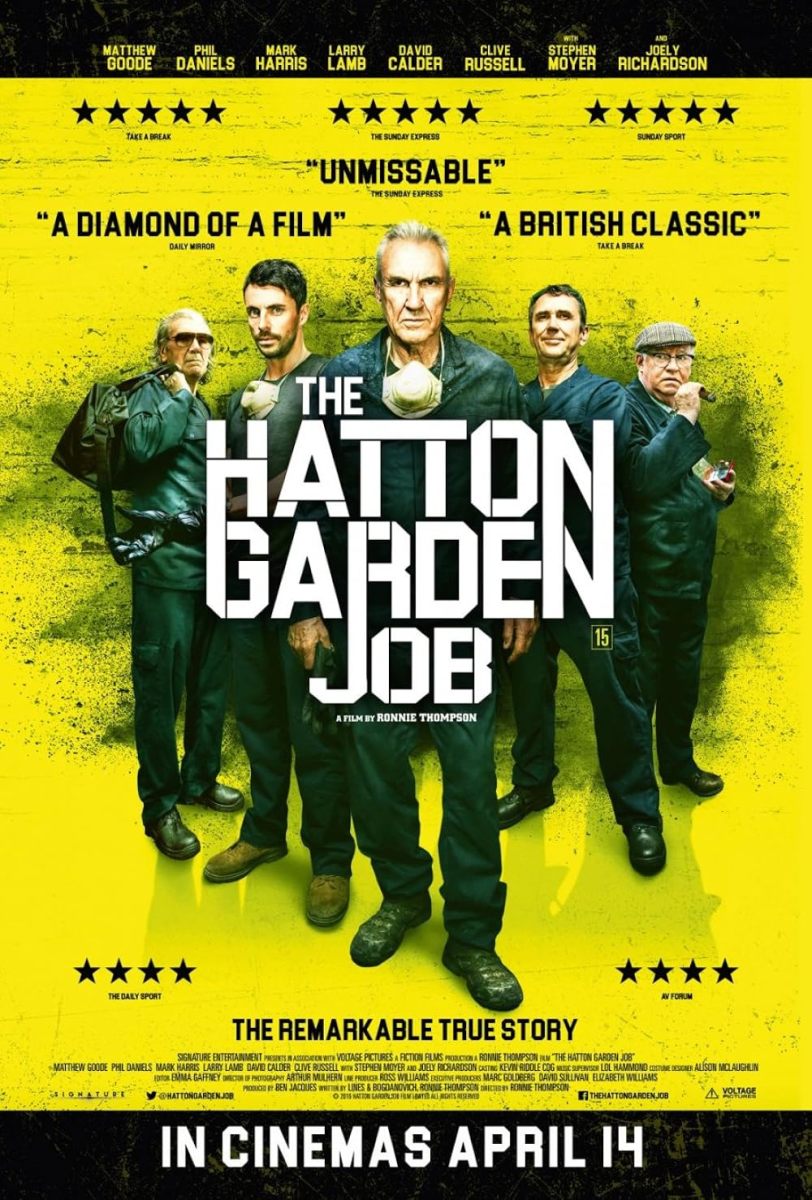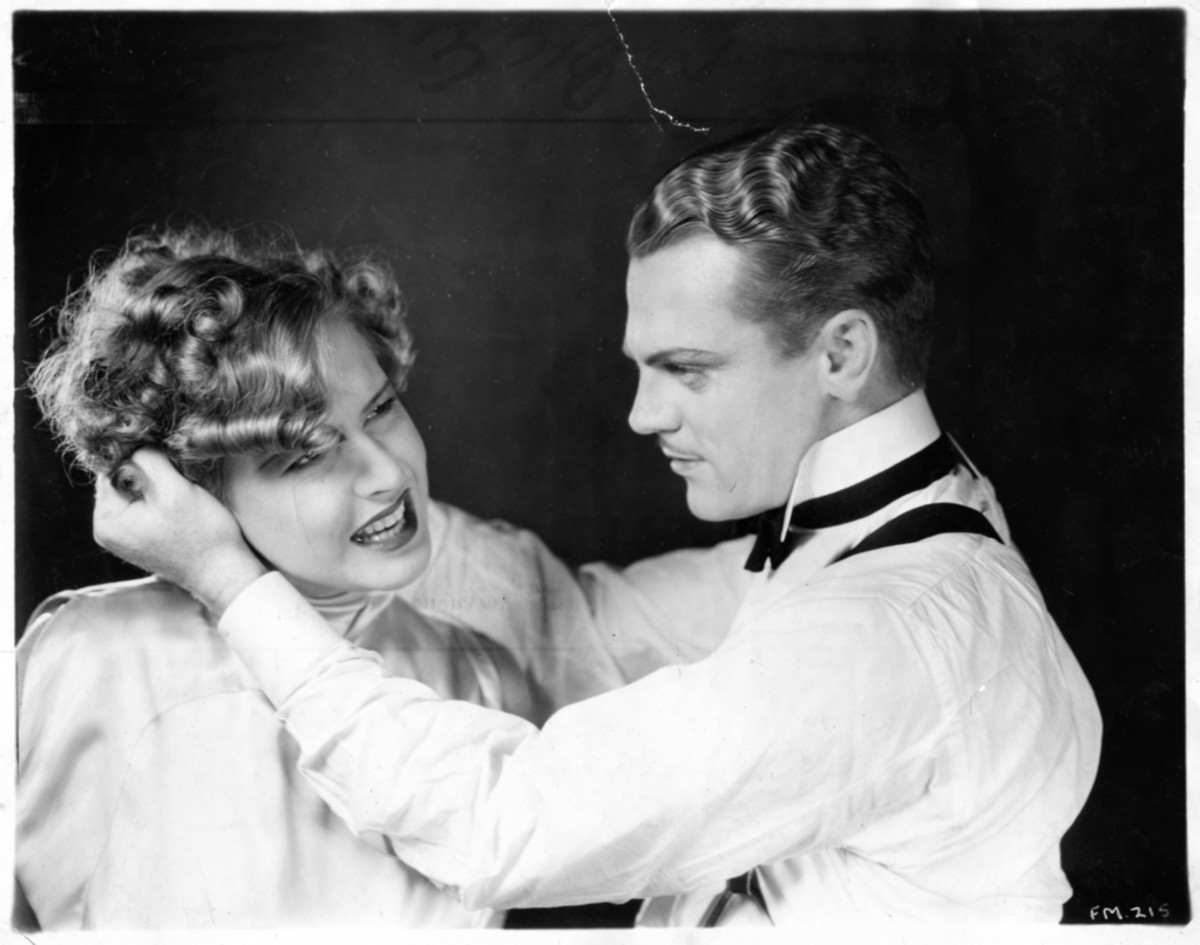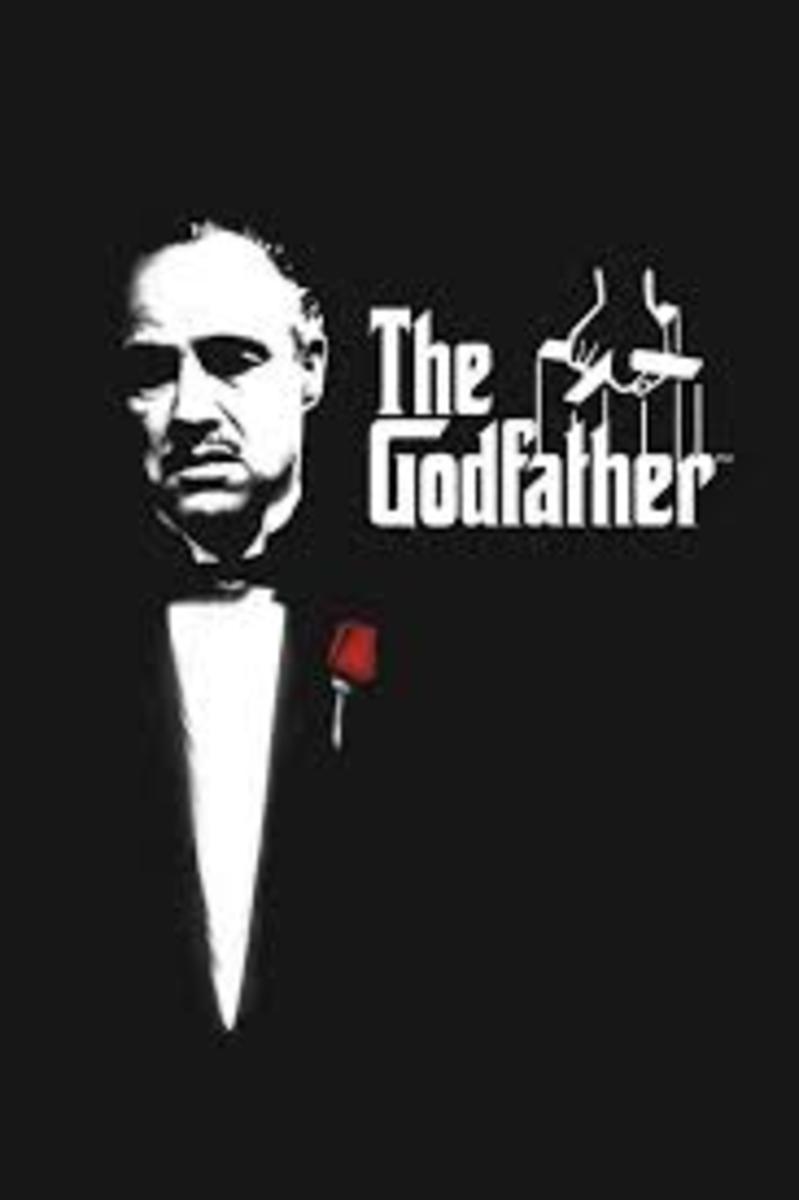The Irishman - Gangster Epic on the Small Screen
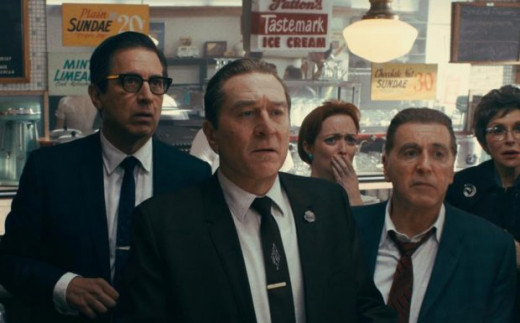
"I heard you paint houses" - This is what Jimmy Hoffa said to Frank Sheeran, the Irishman, on their first phone call.
"I heard you paint houses" - This is what Jimmy Hoffa said to Frank Sheeran, the Irishman, on their first phone call. Hofa is a union leader and one of the most influential people in the United States in the 1950s. Sheeran is a veteran of World War II, an ordinary member of the union and a man who, apparently, "paints houses".
In other words, he kills people who his Italian mafia friends point him towards.
This expression impressed the writer and former prosecutor Charles Brand so much that he used it for the title of his book based on the life of Sheeran and the mysterious disappearance of Hoffa in 1975. The book, created on the basis of interviews with the real Sheeran, impressed Robert De Niro so much that he proposed to his friend Martin Scorsese to make a movie about it. They persuaded Joe Pesci to get out of his unofficial retirement and return to the screen, and the magnificent acting trio was completed by Al Pacino - the first film he shoots with Scorsese.
The result is movie magic, which, unfortunately, we will not see in a cinema. Scorsese creates a three-hour gangster epic in which, along with Robert De Niro, they pat the friendly spectators on the shoulder and lead them along the complex paths of a life story filled with friendship and violence, faithfulness and betrayal, self assessment and repentance.
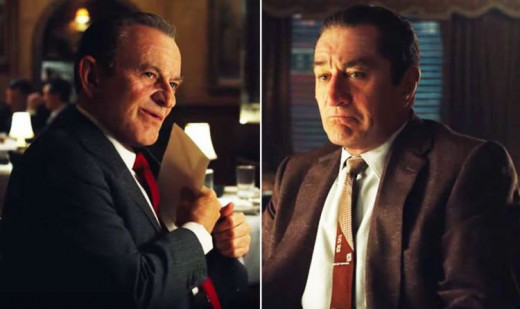
The story
The story
At the center of the film is Frank Sheeran - The Irishman (De Niro). Through his story, presented as the memories of an old man, disabled gangster on the verge of death, Scorsese actually immerses us in a very special period in American history that we know almost nothing about. A period of union wars, attempts by the USA government to destroy the mafia and the mafia efforts to take control of both the unions and the country.
For Sheeran, who works as a driver after the war and earns some extra bucks with various shenanigans, life goes in a completely different direction when his truck gets damaged. A humble and responsive stranger comes to the rescue. This chance meeting will be repeated after Frank's first court troubles.
This time, however, he will understand the name of the man - Russell Bufalino (Joe Pesci), one of the most influential people in the Italian mafia in the United States, enjoying an enviable - perhaps one of a kind - respect from all bosses, and not just them.
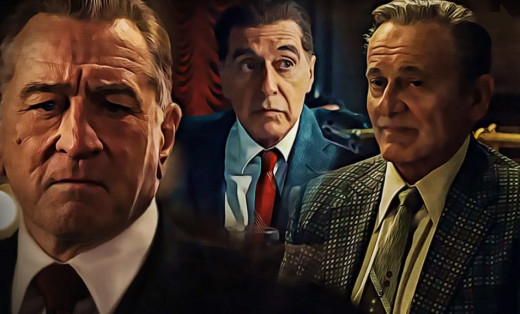
Pesci as Bufalino and Pacino as Hoffa
Pesci as Bufalino
Bufalino will open the doors of a new world to Frank. One where the "shenanigans" go to a completely different level. A world of usury, racketeering, beatings, and often "painting of houses" of those who have crossed an unacceptable border.
It is Bufalino who is the man who introduces Frank to Jimmy Hoffa (Al Pacino), a temperamental union leader whom everyone follows. The reason is the huge union pension fund and Hoffa's tendency to lend money from it to those who know they need to lend a little to their benefactor as well.
Over time, Sheeran also forms a friendship with Hoffa, who helps him in his position within the Union. But sooner or later everyone pays for their sins, and the union leader is no exception, further aggravating him.
So at one point Frank finds himself between the hammer and the anvil. On one side are Russell Bufalino and the Mafia, of which, despite his Irish descent, Sheeran became a part. On the other is Hoffa, who, in search of retribution, begins to tread on too thin of an ice.
Al Pacino as Jimmy Hoffa
Pacino is like a ticking bomb in the role of the angry and often screaming Hoffa. The character is constantly on edge - at times Pacino makes Hoffa extremely charismatic, but sometimes he also turns him into an unwavering stubborn person who doesn't think about the consequences. Pacino captures this flame, and it flows from him in every scene; even in those scenes where his character is over 60 years old.
In the other corner is the calm and collected Russell Bufalino. The perfect mediator who also earns him such respect in the Mafia. A role in which Joe Pesci looks comfortable. His onscreen Bufalino never says more than the necessary and persuades with a look that seems to penetrate the other characters souls to reveal to him their anxieties, desires and weaknesses.
Dozens of pleas were needed to persuade Pesci to stand in front of a camera again. The result is proof that sometimes it makes sense to be stubborn.
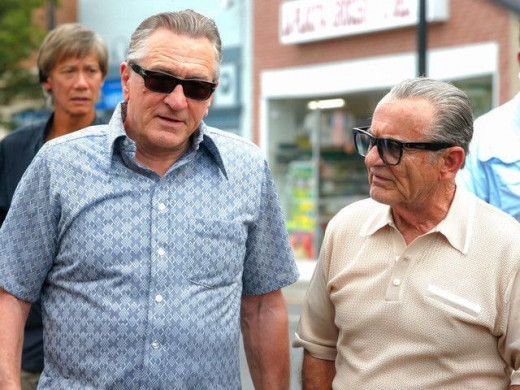
The script
Charles Brandt's "I heard you paint houses" is not a short book. It reaches 430 pages, filled with so many mobsters, union activists, murders, lawsuits that if you read it, you will inevitably wonder how it would be possible to put it all into a movie, even if it were a three-hour one.
Writer Steven Zaillian (Schindler's List) gives the answer and a strong case could be made for at least an Oscar nomination for a screenplay.
Zaillian found the main themes in what Sheeran shared with Brandt while writing the book, and laid them out in his script as threads that would grow from beginning to end despite the inevitable tangle of characters and events.
The biggest asset of Zaillian's script is that the result is a movie that gives more to those who read the book. At the same time, if you first watch "The Irishman" and then grab the book original, this true story will be revealed to you again with much more detail and depth that is impossible to display on screen.
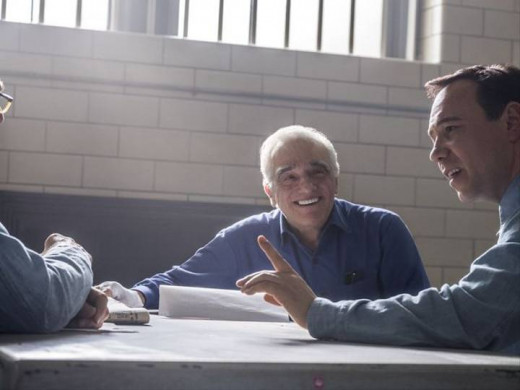
The finale
As difficult as the project was to finance, Scorsese here had the opportunity to enjoy the freedom that few directors have. He gets the amount of time he needs to tell his story. There are dissatisfied fans now and there will continue to be in terms of the time - 3 hours and a half hours. They will rightly say, "They could have shortened it."
However, "The Irishman" is deliberately slower and thus a longer movie. Scorsese gives time - to the script, to his actors and to himself - to tell the story properly.
In the beginning, it often leaps from one decor to another, from scene to scene, though not at that furious speed from Casino (1995). The first 40 minutes are spent introducing us to Frank and explaining how an Irishman finds a place among the Italian mobsters. Then Scorsese introduces us to Jimmy Hoffa and slows down the pace to show how relations between the union leader and Sheeran are built. The pace slows even further around the central moment - the probable truth behind Hoffa's disappearance. This is where the emotions of the characters come to the front.
In terms of pace, the finale seems completely devoid of energy: the time for action has passed, now it's time for self-assessment. Therefore, the film also becomes less "mobile" - the edited scenes give way to longer scenes.
Scorsese gives life to his movie and synchronizes it with the main character. Just like him, the movie is not so quick with the passing of the years. The end is approaching - in the life and movie sense.
Maybe the legendary director is trying to tell us something about himself? In any case, we must be grateful for his tenacity, De Niro, Pacino, Pesci, Zaillian, Brandt and all the rest of the solid supporting cast for what the Irishman is.
And we can only regret that we cannot relive this story on the big screen.
